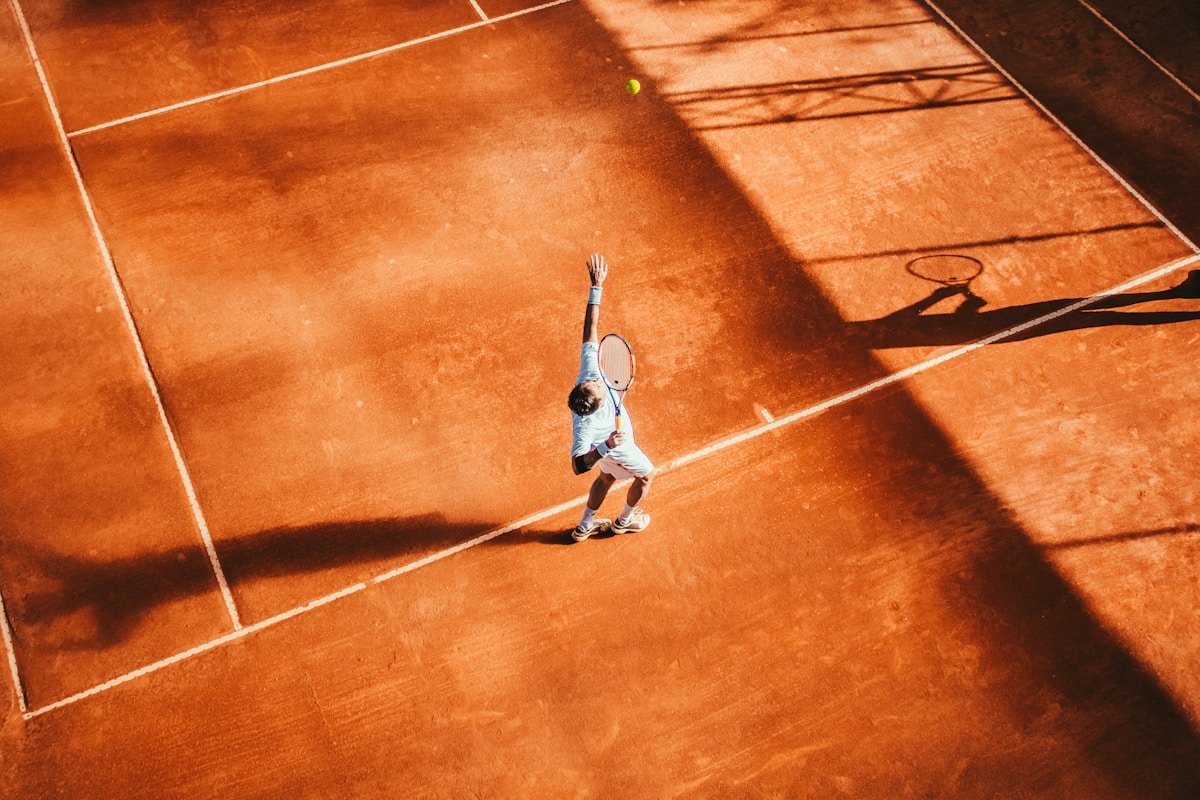US Open organizers stock up on tissues as 2019’s most viral tennis moment prepares for an encore performance
New York, NY – In what sports psychologists are calling “the most predictable emotional manipulation since reality TV was invented,” tennis fans are preparing for the highly anticipated fourth-round matchup between Naomi Osaka and Coco Gauff, complete with what organizers are already marketing as “déjà vu” for Monday night.
The match promises all the drama of their 2019 encounter, when defending champion Osaka defeated 15-year-old Gauff 6-3, 6-0, then comforted the crying teenager in what became tennis’s version of a viral TikTok moment before TikTok knew what hit it.
## The Script Writes Itself (Again)
“It’s like watching a rerun of your favorite emotional sports movie,” explained tennis analyst Brad Emotions, who may or may not exist but definitely sounds authoritative. “We have all the same elements: the experienced champion, the young phenom, the inevitable tears, and approximately 47 camera angles ready to capture every glistening drop.”
Six years later, both players have helpfully maintained their roles in this tennis telenovela. Osaka, now 27 and a mother, has mastered the art of being the wise older sister figure, while 21-year-old Gauff has evolved from crying teenager to… well, slightly older crying potential.
## Emotional Infrastructure Preparations
US Open officials have reportedly made extensive preparations for the emotional sequel:
– Tissue Distribution: Extra tissue boxes strategically placed courtside
– Camera Crew: Dedicated “tear cam” operators trained in close-up emotional capture
– Sound Engineers: Specialized microphones designed to pick up subtle sniffling
– Social Media Team: Pre-written tweets about “sportsmanship” and “class” ready for immediate deployment
“We learned a lot from 2019,” explained tournament director Craig Dramatic. “This time we’re prepared for the full emotional spectrum, from pre-match nerves to post-match waterworks. We’ve basically turned this into the Olympics of Feelings.”
## The Players Lean Into the Drama
Both players seem surprisingly aware of their roles in this emotional reboot.
Gauff, reflecting on their previous encounter, noted: “I remember it was a tough moment… I put way too much pressure on myself.” This roughly translates to: “I know you’re all expecting me to cry again, and I’m professionally prepared for that possibility.”
Osaka, meanwhile, has embraced her role as tennis’s emotional support champion: “I kind of see her as a little sister… I’m honestly excited to play her.” Translation: “I’m ready to provide comfort and viral content as needed.”
## The Déjà Vu Marketing Campaign
Tennis officials have leaned heavily into the “déjà vu” angle, because nothing says authentic sportsmanship like pre-packaged emotional callbacks.
“We’re not manufacturing drama,” insisted marketing director Susan Synergy. “We’re just… heavily promoting the likelihood of emotional repetition. It’s completely different.”
The tournament has created special “Emotional Rerun” ticket packages, complete with commemorative tissues and access to a post-match “feelings processing” area.
## Fan Expectations
Tennis fans are preparing for the emotional sequel with all the anticipation of a Marvel movie release.
“I’ve been training for this,” said longtime tennis fan Jennifer Feelings. “I’ve watched the 2019 footage approximately 47 times, practiced my own supportive crying, and cleared my schedule for post-match emotional analysis with my tennis group chat.”
Another fan, Mike Nostalgic, noted: “It’s perfect. I get to experience the exact same emotional journey I had six years ago, but with slightly different hairstyles and presumably better social media coverage.”
## The Science of Sports Déjà Vu
Sports psychologists are fascinated by the phenomenon of manufactured emotional repetition.
“It’s brilliant marketing,” explained Dr. Predictable Outcome. “Take a genuinely moving moment, wait six years, then recreate all the same conditions and see if lightning strikes twice. It’s like emotional gambling, but with better TV ratings.”
## Match Predictions
While tennis experts are divided on who will win the actual match, they’re unanimous about the emotional outcome: regardless of the score, someone will cry, someone will provide comfort, and the internet will collectively lose its mind over sportsmanship.
ESPN has already prepared multiple camera angles for the anticipated post-match interaction, while social media managers across the tennis world have pre-loaded inspirational quotes about resilience and sisterhood.
## The Real Winner
Ultimately, the biggest winner in this emotional déjà vu may be the concept of authentic sportsmanship, which somehow manages to remain genuine even when everyone knows exactly what’s coming.
“It doesn’t matter if it’s predictable,” noted sports philosopher Coach Wisdom. “Good sportsmanship is good sportsmanship, whether it’s spontaneous or carefully orchestrated by tournament marketing departments.”
As Monday night approaches, tennis fans prepare for an emotional experience that’s part sporting event, part performance art, and entirely designed to make grown adults cry into their overpriced stadium nachos.
Match coverage begins Monday at 7 PM ET, with pre-game emotional preparation starting at 6:30.
—

